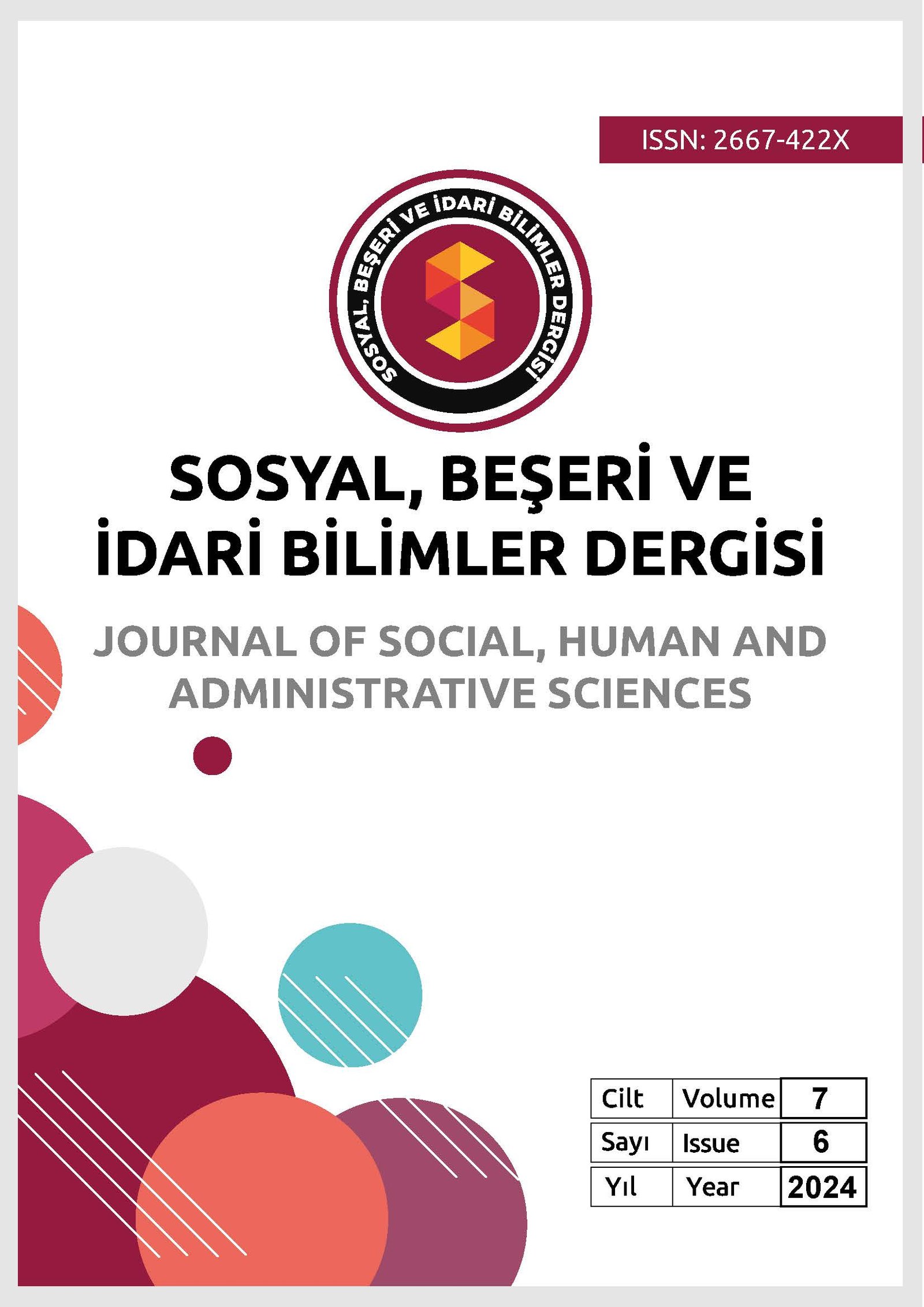Obsesif Kompulsif Bozukluğun Tedavisinde Kabul ve Kararlılık Terapisinin Önemi Üzerine Bir Derleme
##plugins.themes.bootstrap3.article.main##
Özet
Obsesif kompulsif bozukluk (OKB), obsesyonlar ve kompulsiyonlar ile karakterize bir zihinsel bozukluktur. Obsesyonlar; bireyin istese de zihninden atamadığı ciddi rahatsızlık hissi ve kaygı nedeni olan zorlayıcı ve tekrarlayıcı her türlü düşüncelerdir. Kompulsiyonlar ise bu obsesyonları atmak için yapılan zihinsel ve davranışsal eylemlerdir. OKB’nin tarihi çok eskilere dayanmaktadır. İlk olarak orta çağda diğer psikiyatrik hastalıklar gibi OKB de büyü ve dinsel tanımlarla açıklanmaya çalışılmış daha sonra dinsel tanımlar yerini tıbbi açıklamalara bırakmıştır. OKB, tedavi süreci zor ve uzun zaman isteyen bir hastalıktır. KKT, kişilerin takıntılarını kontrol altına almak yerine onları kabul etmesine ve değerlerine uygun davranmasına odaklanır. OKB tedavisinde kabul ve kararlılık tedavisinin kullanılması hem obsesyonları hem de kaygıyı azaltır bununla birlikte hem algıyı hem de bu algısal deneyimlere verilen tepkiyi hedef belirler. Bu alanda daha çok araştırma yapılmasıyla OKB’nin psikolojik esneklik üzerindeki etkileri daha iyi anlaşılabilecek ve daha etkili tedavi yaklaşımları geliştirilebilecektir. Öte yandan diğer bileşenlerin psikolojik esnekliğe etkisi incelenerek ulaşılan sonuçlar geniş bir bakış açısından değerlendirilebilir. OKB tedavisinde, kabul ve kararlılık terapisi’nin (KKT) üç temel müdahale yaklaşımı olan olumsuz duyguları kabullenme, farkındalığı yükseltme ve değerleri belirginleştirmenin kullanılabileceği gösterilmiştir. Bu çalışmada literatür derlemesi yapılarak, kabul ve kararlılık terapisi bakış açısından obsesif kompulsif semptomlar ile bu önemli değişkenler üzerine genel bir gözden geçirme amaçlanmıştır.
##plugins.themes.bootstrap3.article.details##

Bu çalışma Creative Commons Attribution 4.0 International License ile lisanslanmıştır.

